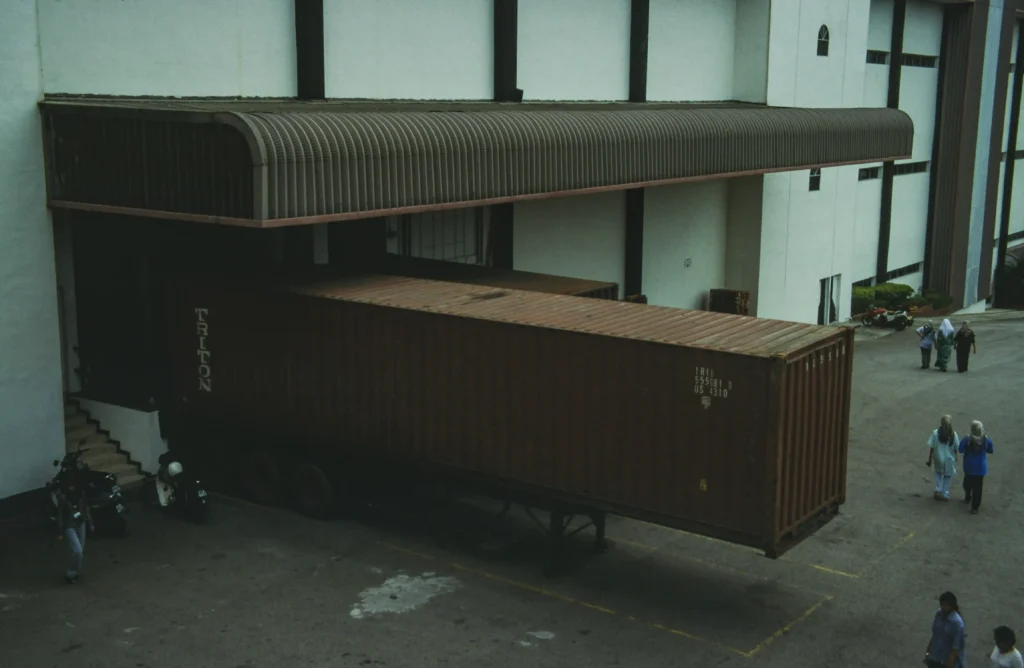The logistics and transportation industry is one of the most dynamic sectors, constantly evolving in response to new technologies, customer demands, and global challenges. At Ziplane Dispatch, we believe that the foundation of long-term success in this fast-paced industry lies in prioritizing the customer. By putting our customers at the center of everything we do, we deliver tailored, efficient, and value-driven dispatch services that help our clients grow and thrive.
In a landscape where speed, reliability, and cost efficiency are crucial, adopting a customer-centric approach is more than just good practice—it’s the key to staying ahead of the competition. In this blog post, we’ll dive into the core aspects of customer-centric dispatch services, highlighting the ways in which we meet and exceed the unique needs of our clients.
Listening to Clients and Tailoring Services
At Ziplane Dispatch, we know that every client has unique needs. Whether they operate a small, family-run trucking business or manage a large fleet of vehicles, their goals and challenges vary. The foundation of any great dispatch service lies in a deep understanding of what each client requires and how best to meet those demands.
Before we begin working with a new client, we take the time to learn about their business, their specific operational goals, and any challenges they may be facing. Whether they need to optimize routes, find reliable loads, or reduce operational costs, we ensure that we provide customized solutions that directly address their needs.
For example, some of our clients may prioritize cost efficiency above all else, while others may be focused on reducing their environmental impact. Whatever their priorities may be, we take a customer-first approach and provide tailored solutions that meet their expectations.

Addressing Pain Points
Understanding customer pain points is essential in crafting a dispatch service that delivers real value. Our clients often experience challenges such as:
- High operational costs: Many carriers struggle with reducing fuel costs, vehicle maintenance, and overhead.
- Inefficient scheduling: Some companies face difficulties in finding the right loads at the right times, which can lead to empty miles and inconsistent revenue.
- Poor communication: Miscommunications between dispatchers, drivers, and clients can cause delays and lost opportunities.
- Lack of transparency: Without real-time tracking and updates, it can be hard for clients to know the status of their shipments, which results in uncertainty.
By actively engaging with our clients and gaining a deep understanding of their pain points, we are able to develop proactive strategies and solutions that mitigate these challenges. Our dispatch services focus on addressing these issues and helping clients run more efficient, profitable businesses.

A Customized Approach to Load Matching
One of the core pillars of our customer-centric dispatch services is personalized load matching. For carriers, finding the right loads is critical for maintaining profitability and ensuring a steady stream of work. However, not all loads are created equal, and not every load is a good fit for every carrier. By tailoring our load-matching process to the specific needs of each carrier, we help ensure that each driver is matched with loads that align with their equipment, scheduling, and route preferences.
We recognize that a carrier’s time and resources are valuable. As such, we prioritize matching loads based on a carrier’s preferred lanes, equipment type, and availability. By minimizing deadhead miles (miles driven without cargo) and matching the right loads to the right trucks, we help carriers optimize their efficiency and reduce unnecessary costs.
For example, if a carrier prefers to haul refrigerated goods, we’ll prioritize matching them with loads that require refrigerated transportation. Similarly, if a client has specific requirements for delivery windows or specialized equipment, we tailor the dispatch process to accommodate those needs.
Reducing Deadhead Miles
Deadhead miles—those driven without cargo—are one of the most costly inefficiencies in the logistics industry. Not only do they add unnecessary wear and tear on vehicles, but they also increase fuel consumption and labor costs. One of the key ways we add value to our clients is by helping them reduce deadhead miles.
Through personalized load matching, we ensure that carriers are paired with loads that minimize the need to travel empty or return without cargo. Our dispatchers work diligently to find loads along the most efficient routes, ensuring that carriers maximize their time on the road while keeping costs low.
This approach benefits not only the carrier but also the customer, as it helps maintain competitive pricing and reliability.
